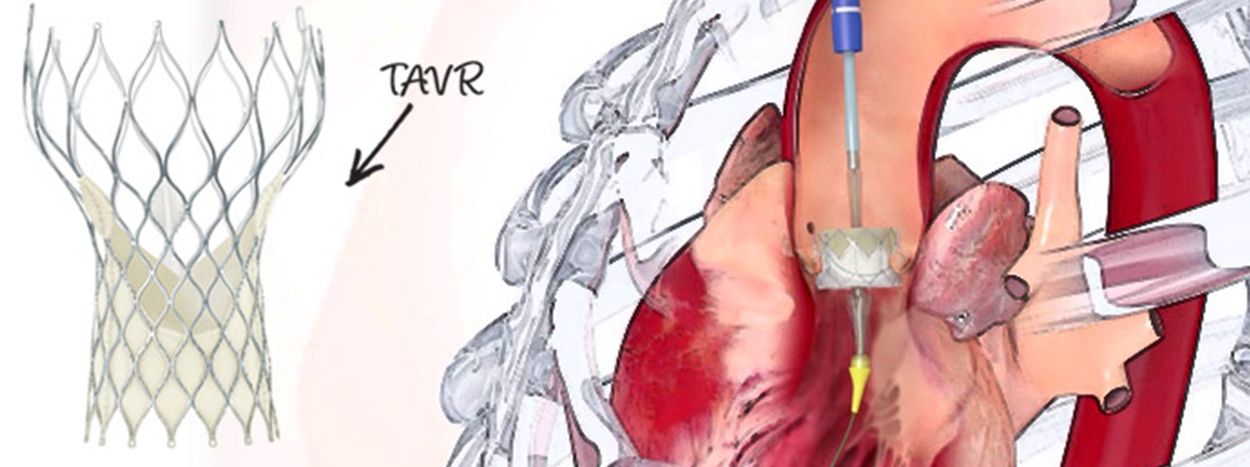life expectancy after aortic valve replacement uk
In people who have undergone surgery to replace the aortic valve before the age of 50 the loss in life expectancy was 44 years compared to the normal population. 87 to 90 73 95 CI.

Mortality After Aortic Valve Replacement Results From A Nationally Representative Database The Annals Of Thoracic Surgery
The life expectancy after valve replacement varies with age but life-table analyses of large datasets suggest the average life-expectancy of a 60 year old after aortic valve replacement is about 12 years 10.
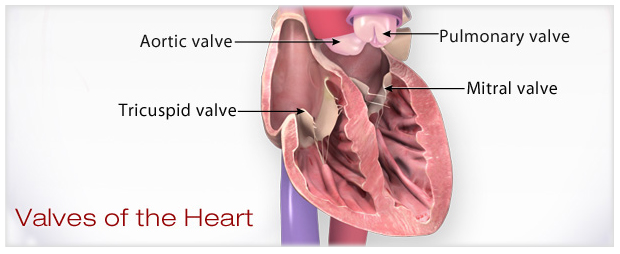
. Relative survival The 5- 10- 15- and 19-year relative survival was 97 95 confidence interval CI. The estimated loss in life expectancy increased with younger age. I have been reading studies that seem to give a fair chance of living maybe 15 years after aortic valve replacement surgery even for patients under the age of 60.
The risk of dying from an aortic valve replacement is around 2 although this risk is much smaller than that of leaving severe aortic valve problems untreated. Glaser N Persson M Jackson V et al. 04 years 95 CI.
Some older people with stiff failing aortic valves aortic stenosis are too frail to withstand open-heart surgery to replace the valve. Aortic valve disease is the most common type of valvular heart disease in Europe and North America occurring in 27 of the population over 65 years of age1 2 When untreated symptom progression is rapid and lethal with a median survival of aortic. Thus transcatheter aortic valve replacement TAVR may be considered as a feasible option for oncology patients with severe symptomatic aortic stenosis AS.
After an aortic valve replacement youll usually need to stay in hospital for about a week. 97 to 98 88 95 CI. After the first 30 postoperative days 144 of.
Background With advancements in cancer treatment the life expectancy of oncology patients has improved. Alternatives to an aortic valve replacement. Tzemos and colleagues1 in a study of 642 patients at a follow-up of 9 years showed that 25 of.
Following surgery survival ranged from 16 years on average for people aged 65 or less to six or seven years for those over 75. 2 7 8 Thus a 40-year-old patient undergoing biological valve implantation today has a 20 year reduction in life expectancy and after 20 years only 38 will be alive and without re. The 30-day mortality was 66.
03 to 05. Ten years after surgery most people 94 still had a good functioning valve. The observed survival in patients after aortic valve replacement compared with the expected survival in the general population according to age categories A and sex B.
Thus transcatheter aortic valve replacement TAVR may be. For aortic valve-replacement patients in general this loss was 19 years. By 20 years the rate of valve deterioration had risen to 48.
Read more about the risks of aortic valve replacement. These estimates were entered into a microsimulation model which was employed to calculate age and sex specific outcomes after aortic valve replacement. Natural history and cardiac outcomes of people with BAV have been addressed in two large cohort studies comparing them with age and sex-matched population estimates.
This data suggests that a 42-year-old patient undergoing aortic valve replacement AVR with a tissue valve is expected to live to 58 years of age. Your breastbone will usually heal in about 6 to 8 weeks but it may be 2 to 3 months before you feel your normal self again. Because death and structural valve degeneration are competing outcomes and most biological valves have a median valve survival time to.
The time it takes to fully recover varies depending on factors like your age and overall health. Pooled data from 85 studies estimated that 897 of people survived for two years after surgery 784 at five years 570 at 10 years 397 at 15 years and 247 at 20 years. However these may vary for you depending on your age your overall health and the current status of your heart function.
With advancements in cancer treatment the life expectancy of oncology patients has improved. Similarly patients undergoing AVR at the age of 60 years old have their life expectancy reduced by 8 years when compared to the general. The loss in life expectancy was 19 years 95 CI.
Life expectancy LE and event-free life expectancy EFLE for a 65 year old man after implantation with a mechanical valve or a bioprosthesis were 104 and 107 years and 77 and 84 years respectively. By Michael H. This Swedish national study of longevity following aortic valve surgery showed that overall life expectancy declined by about two years but was higher for patients younger than 50 years of age.
Similar to mechanical valves biological valve implantation is associated with reduced life expectancy in younger patients with advanced aortic valve disease. An aortic valve replacement is the. Quality of life after aortic valve replacement.
Without treatment however the mean survival for these patients is two to three years. Most people who survive surgery have a life expectancy close to normal. Conclusions Functional outcome after aortic valve replacement in patients 80 years old is excellent the operative risk is acceptable and the late survival rate is good.
12 to 26 years in the total study population. 710 to 750 and 63 95 CI. Quality of life assessed with the Medical Outcomes Study Short Form-36 was comparable to that predicted for the general population 75 years old.
The actuarial survival was 89 793 687 and 458 at 1 3 5 and 8 years respectively. But a technique called transcatheter aortic valve replacement TAVR delivers the new valve to the heart through a catheter thats. Survival rates for heart valve replacement surgery are often used as predictors of how long patients can live beyond a certain number of years 5 years 10 years after the surgery.
Of the 73 early deaths 42 were due to cardiac reasons. Subgroup analysis showed that five-year survival declined with increasing patient age from 837 in under-65s to 525 for those over 85. In people who have undergone surgery to replace the aortic valve before the age of 50 the loss in life expectancy was 44 years compared to the normal population.
Loss in life expectancy after surgical aortic valve replacement. Fewer than one in 100 developed a stroke each year. Survival to 25 years again for patients who were under 60 when they had their AVR done was about 20.
In contrast a 42-year-old in the general population is expected to live to 78 years of age. Bicuspid aortic valve BAV is the most common congenital cardiac anomaly with a prevalence of up to 2.
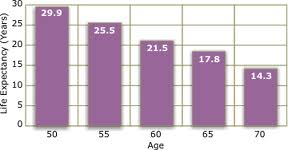
What Is The Patient S Lifespan After Heart Valve Replacement Operations Asks Valerie Adam S Heart Valve Surgery Blog

Procedures And Outcomes Of Surgical Aortic Valve Replacement In Adults Cardiology Clinics

Relative Risk Of Events All Cause Death Or Aortic Valve Replacement Download Table

Survival Rates Over 5 Years For Patients With Medically Managed Severe Aortic Stenosis
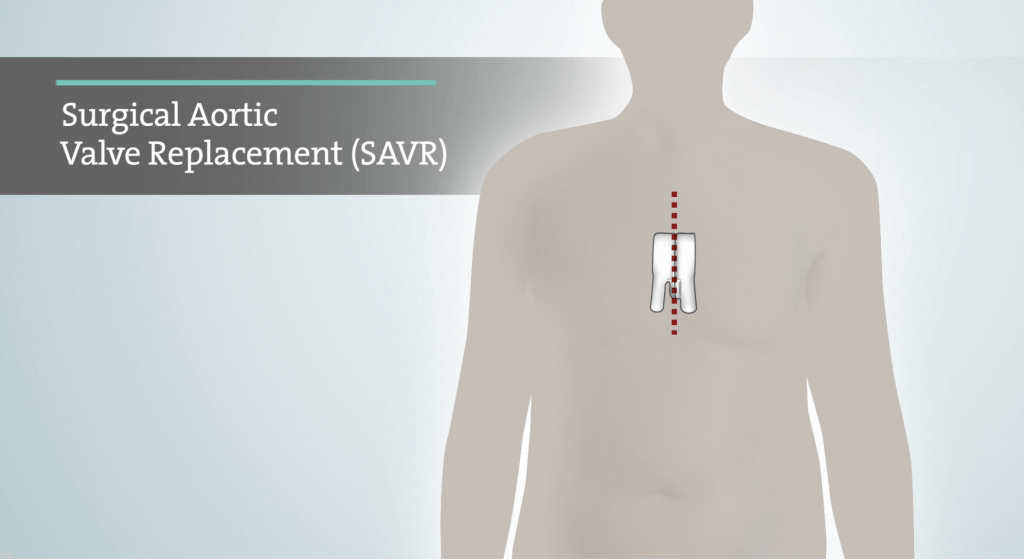
Surgical Aortic Valve Replacement Through Open Heart Surgery Newheartvalve Co Uk
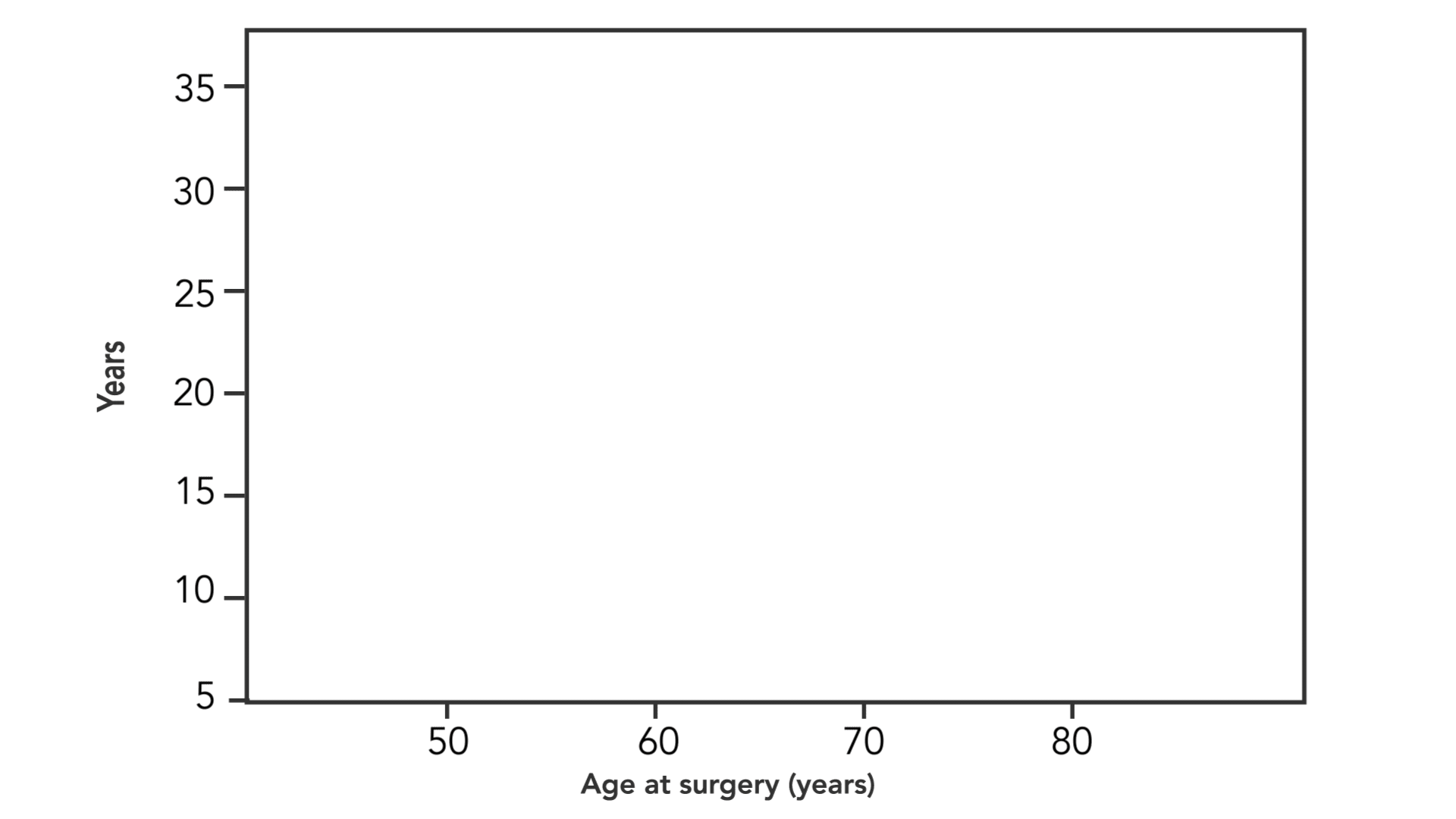
Life Expectancy After Aortic Valve Replacement The Ross Procedure

Female Specific Survival Advantage From Transcatheter Aortic Valve Implantation Over Surgical Aortic Valve Replacement Meta Analysis Of The Gender Subgroups Of Randomised Controlled Trials Including 3758 Patients International Journal Of Cardiology

Aortic Valve Replacement In Patients 80 Years Of Age And Older Circulation

Aortic Valve Replacement Recovery Takes Time Heart Foundation

Impact Of Left Ventricular Dysfunction In Patients With High And Low Gradient Severe Aortic Stenosis Following Transcatheter Aortic Valve Replacement Canadian Journal Of Cardiology

5 Year Outcomes Of Transcatheter Aortic Valve Replacement Or Surgical Aortic Valve Replacement For High Surgical Risk Patients With Aortic Stenosis Partner 1 A Randomised Controlled Trial The Lancet

Options For Heart Valve Replacement American Heart Association
How Long Do You Stay In A Hospital After An Aortic Valve Replacement Quora

Clinical Impact Of The Heart Team On The Outcomes Of Surgical Aortic Valve Replacement Among Octogenarians The Journal Of Thoracic And Cardiovascular Surgery

Transcatheter Aortic Valve Replacement Outcomes In Patients With Native Vs Transplanted Kidneys Data From An International Multicenter Registry Canadian Journal Of Cardiology

Analysis Of Neurologic Complications After Surgical Versus Transcatheter Aortic Valve Replacement Journal Of Cardiothoracic And Vascular Anesthesia

Mechanical Versus Biologic Prostheses For Surgical Aortic Valve Replacement In Patients Aged 50 To 70 The Annals Of Thoracic Surgery

Transcatheter Aortic Valve Replacement Tavr Vascular Access Site In Download Scientific Diagram
